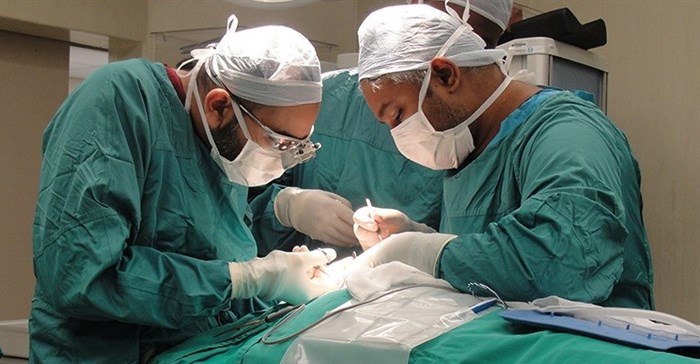
Top stories

Marketing & MediaWarner Bros. was “nice to have” but not at any price, says Netflix
Karabo Ledwaba 11 hours




Logistics & TransportMaersk reroutes sailings around Africa amid Red Sea constraints
Louise Rasmussen 4 hours

More news


















The procedure
"There were difficulties considering the age of the child as his anatomical structures are very small and that adds a high risk of damaging the nerve which could have resulted in facial disability," ear, nose and throat surgeon, Dr Muhammad Essa says of the three-hour operation.
A special nerve monitor had to be transported from Durban to Mediclinic Pietermaritzburg for the surgery to ensure there was no nerve damage intra-operatively. He reports that Mediclinic, together with Vision Medical, raised the funds for the equipment.
Essa, was one of the specialised medical staff who performed the landmark surgery, together with paediatric surgeon Dr Hansraj Mangray, as well as a pathologist, an oncologist, an otologist and other medical support staff.

Most tumours that occur in the salivary glands are benign and occur in the parotid glands. The tumour occurs as a painless salivary mass and is evaluated by fine-needle aspiration biopsy.
Malignant tumours of the salivary glands, which are firm and nodular, are less common; often fixed to adjacent tissue. Mucoepidermoid carcinoma, which typically occurs in people aged 20 to 50, is the most common salivary gland cancer. The tumour is able to manifest in any of the salivary glands but typically presents in the parotid gland.
There are three grades of the mucoepidermoid carcinoma of the parotid, with intermediate and high-grade tumours at high risk of metastasis to the regional lymphatics.
The young boy from Pietermaritzburg, fortunately, presented with a low-grade tumour and a good prognosis, provided the entire tumour was removed with good clearance margins.